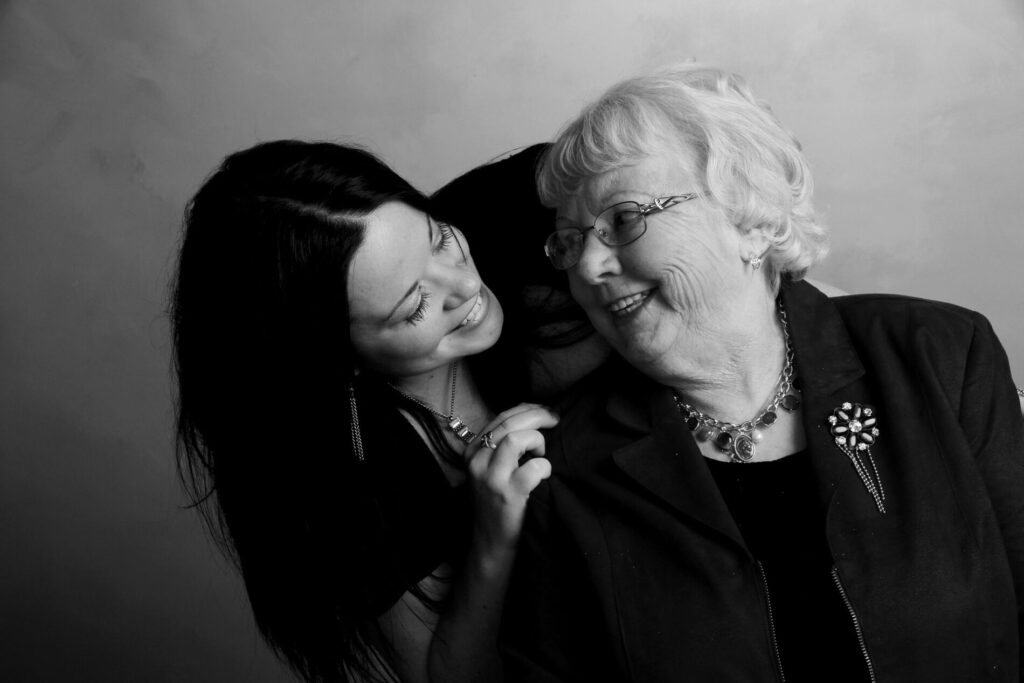
By Jeannie Finnegan, CDP, Elder Care & Dementia Care Consultant for Stanton Aging Solutions
Being a caregiver can be rewarding, overwhelming, inspiring, draining, and more. And being a caregiver for someone with dementia presents a host of unique and often intense challenges. As the disease progresses and your loved one changes, you may find you have more questions than answers, so it’s important to remember that:
- Learning as much as you can about Alzheimer’s and dementia can help you understand your loved one and realize your own limits. It can help you develop realistic expectations of your loved one (and of yourself).
- Arguing with your loved one about things they should know or remember is not helpful, but will only add to their confusion and agitation. While it can be terribly frustrating to have to repeat so many things to them, you must remember that your loved one is not trying to be difficult or refusing to be cooperative. They simply are unable to remember or reason about many things.
- Developing set schedules and routines can help both you and your loved one know what to expect and can help your loved ones accomplish daily activities with less confusion.
- Giving your loved one opportunities to make choices and be independent whenever possible can help ease their frustrations and give them a greater sense of identity. While it can be tempting to do everything for them for the sake of time and limits on your own patience, it is really important for your loved one to do as many things as possible by themselves. You can also gently guide them to help them complete an activity.
- Eating nutritious foods and staying hydrated will help your loved one stay healthy and feel better. Refined sugars and processed foods can lead to behavioral issues, and with moderate to advanced dementia, your loved one may not even recognize their own hunger or thirst. Confusion and/or changes in behavior can be linked to dehydration and nutritional deficiencies.
- Daily exercise is important for both you and your loved one, for both the body and the mind. As we know, exercise is a significant stress reducer and produces “feel good” hormones in our bodies. It also contributes to a good night’s sleep – important for all of us.
- Your loved one is not defined by their diagnosis. They still experience emotions and can still enjoy many activities they once enjoyed. They can still have fun! While your loved one may change significantly during the progression of their dementia and may seem like a “different person,” it is the disease that creates these changes in personality or emotions. But you can learn to process the grief of “losing” some part of your loved one while learning to embrace the person they are today.
- It is crucial to get documents in order such as living wills and advanced directives.
- Reaching out to families, friends, and other resources can help you avoid caregiver burnout. You will be more able to care for your loved one when you take care of yourself.
At Stanton Aging Solutions, we can be one of the resources that will help you and your family navigate the world of caregiving. We can help you assess, identify, and address your greatest caregiving needs, concerns, and goals and those of your loved one, including care options, advance directives and difficult conversations, home care services, education and support.
For more information, please click on our Services menu tab and give us a call or send us an email. We are here to help and support you on your caregiving journey as your Partner in Care.
(To read more, visit https://www.alzheimers.net/2-11-15-loving-someone-with-dementia.)

This is wonderful Jeannie! It so often about us changing our behavior instead of our loved ones
changing theirs. And for caregivers to please seek help and support. It is out there.